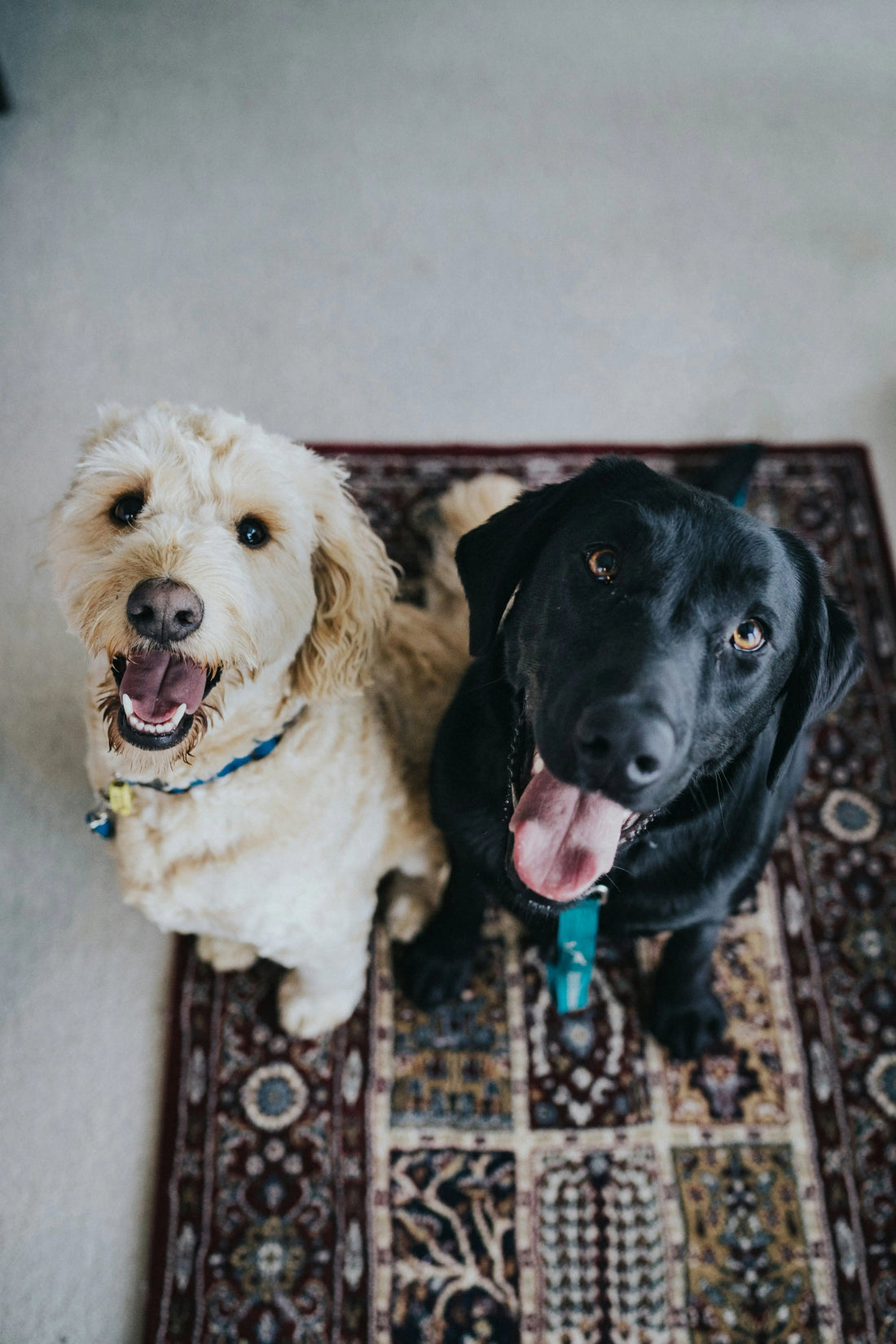
Dogs really can understand what we say to them
Share
How Dogs Understand Speech: The Science Behind How They Hear Us
Their brains process speech exactly like ours.
I can’t be the only one who chats to their dog while out on a walk, right? I am pretty sure Rufus knows at least a little bit of what I am going on about and now science has confirmed that dogs do indeed process human speech in remarkable ways. Recent research shows that dogs’ brains not only recognise the words we say, but they also interpret the tone of our voice, just like humans do. This means that your dog might be paying more attention to what you’re saying than you think!
The science behind dogs understanding speech
A study conducted by researchers in Hungary used brain imaging to examine how dogs process speech. The results revealed that dogs’ brains process both the meaning of words and the intonation in a way similar to humans. Essentially, dogs have two key regions in their brain that work together to decode the sounds they hear. One part focuses on recognising the tone of the voice, while the other processes the actual words being spoken.
Interestingly, the study found that dogs respond best to familiar, positive words spoken in an enthusiastic tone. For example, when you tell your dog “good boy” in a happy voice, they’re not just picking up on the emotional tone, they’re also understanding the meaning behind the words. However, just like with humans, the tone can affect how they interpret those words.
Why dogs process speech like humans
The reason dogs process speech similarly to humans may be a result of thousands of years of domestication. As dogs evolved to live closely with humans, they became attuned to our communication methods, learning to pick up on both verbal and non-verbal cues. Over time, this close relationship may have shaped dogs' brains to interpret speech in ways that mirror human communication.
Though dogs can’t understand language in the same complex way that humans do, their ability to recognise familiar words and tone helps them navigate the human world. This is why your dog might come running when you say “walk” or tilt their head when you ask them a question in an excited tone. They’re responding to the sounds they’ve learned to associate with specific actions, rewards or emotions.
It’s not just what you say, but how you say it
One of the most interesting findings from the study is how important tone is for dogs. When you speak to your dog, they are highly sensitive to the emotional content of your voice. This means that even if you’re using positive words, a neutral or negative tone might not produce the response you’re hoping for.
As we saw in our blogs about how well dogs can read our emotions (LINK), they are so skilled at interpreting tone that they can even sense subtle shifts in our moods based on how we speak. This is why dogs often try to comfort their owners when they’re upset, they’re picking up on changes in your vocal tone that signal distress.
How to communicate effectively with your dog
Knowing that your dog can understand both the words and the tone of your speech means that you can communicate with them more effectively. To get the best response from your dog, it’s important to:
- Use clear, consistent words that your dog recognises.
- Pair positive words with an enthusiastic tone to reinforce good behaviour.
-
Avoid confusing your dog with mixed messages; saying a positive word in a negative tone might make them unsure of what you want.
By being mindful of both your words and how you say them, you can strengthen your communication with your dog and enhance the bond you share. Not only do dogs understand the tone of your voice, but they also recognise familiar words and associate them with meaning. So, the next time you talk to your dog, remember, they’re listening to every word you say and how you say it.
Just like curiosity and connection, keep your dog’s mind sharp, real food nutrients keep their body strong. Explore our natural supplement blends.
